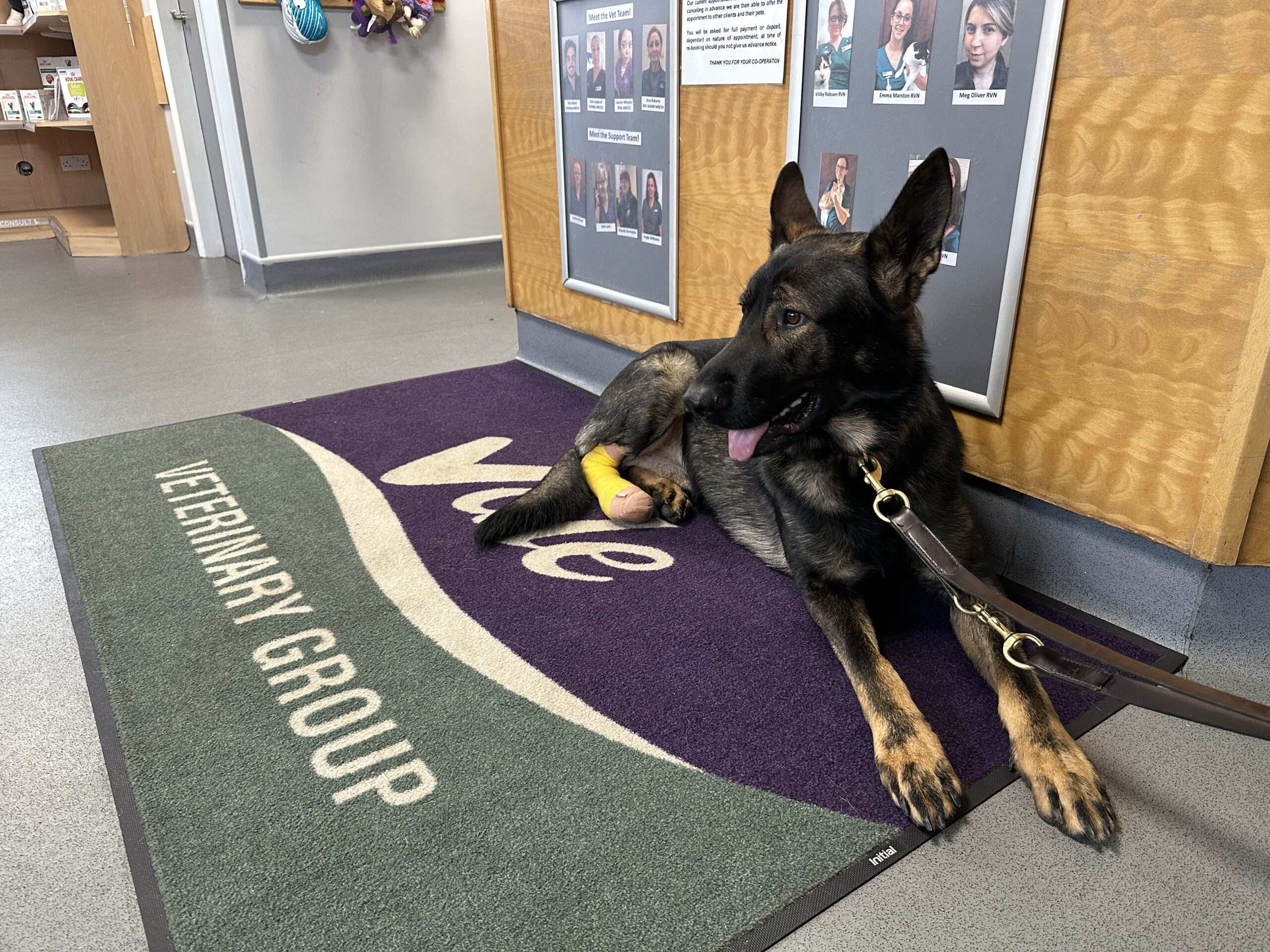When it comes to addressing your dog’s needs, it can be confusing to navigate the various professionals available. Understanding the distinctions between a dog trainer, a dog behaviourist, and a veterinary behaviourist is crucial in ensuring that your dog gets the appropriate support for their specific issues. Let’s break down each role and how they can help.
Dog Trainer
A dog trainer focuses on teaching your dog specific tasks and commands. They implement training techniques to enhance a dog’s obedience, social skills, and overall manners. Trainers work with both puppies and adult dogs to instil good behaviours. Common areas where trainers provide assistance include:
Common puppy training issues dog trainers help with:
• Crate training
• Settling your new puppy in
• Sleeping at night
• Toilet training
• Barking
• Chewing
• Biting and nipping
• Jumping up
• Teething
• Digging
• Introducing them to other pets in the household
• Socialisation
Common dog training issues dog trainers help with:
• A reliable recall
• Not pulling on the lead
• Not jumping up
• To always listen
• How we can build a good relationship with our dogs
• Canine enrichment
• Basic obedience
• Building confidence (in both the dog and handler)
• How to ignore distractions and focus on you
• To settle and be calm
For most dog owners, engaging with a dog trainer is the first step, especially for new puppy owners. Trainers typically work through group classes or private sessions, tailoring their methods to best suit the dog’s individual needs.
When is the best time to start training your dog?
Straight away! Establishing good, early foundations is key to smooth, trouble-free development.
Dog Behaviourist
A dog behaviourist goes a step further. They specialise in understanding and resolving complex behavioural issues that stem from anxiety, fear, or aggression. Behaviourists often take a holistic approach to identify underlying causes of undesirable behaviour, and their services include:
• Reactivity/aggression towards other dogs
• Reactivity/aggression towards humans
• Separation anxiety
• Generalised anxiety
• Fear-based responses to everyday stimuli
• Inappropriate barking
• Sound sensitivity
• Fear of fireworks
• Destructive behaviours
• Toileting in the house
• Resource guarding
It is important to note that while trainers teach commands and behaviours, behaviourists delve deep into the emotional and psychological aspects of a dog’s actions. This helps create long-term, sustainable behaviour change.
Veterinary Behaviourist
Veterinary behaviourists are specialised veterinarians with advanced training in animal behaviour. They bridge the gap between veterinary science and behavioural therapy, working on cases that require medical intervention coupled with behavioural modification. When you notice severe behavioural issues, getting input from a veterinary behaviourist can be essential. They assess both medical and psychological factors impacting your dog’s behaviour and can prescribe medication if necessary.
Key Differences Summarised:
| Profession | Focus |
|---|---|
| Dog Trainer | Teaching commands and obedience skills |
| Dog Behaviourist | Resolving complex behavioural issues |
| Veterinary Behaviourist | Medical aspects of behaviour, including diagnoses and treatments |
Recommended Dog Training Organisations
Here are five reputable dog training organisations that can help you identify qualified trainers in your area:
- The Institute of Modern Dog Training (IMDT)
- The Association of Pet Dog Trainers (APDT)
- The Kennel Club
- Victoria Stillwell Academy
- Karen Pryor Academy
- The Pet Professional Network (PPN)
Recommended Dog Behaviourist Organisations
Finding a qualified behaviourist is key to addressing severe issues:
- The Association of Pet Behaviour Counsellors (APBC)
- International Association of Animal Behavior Consultants (IAABC)
- The Pet Professional Guild (PPG)
- The Canine and Feline Behaviour Association (CFBA)
- Animal Behaviour and Training Council (ABTC)
Finding a Veterinary Behaviourist
To consult with a veterinary behaviourist, you typically need a referral from your regular veterinarian. Here’s how to proceed:
- Schedule an Appointment: Speak with your usual vet about your dog’s behavioural issues.
- Get a Referral: If your vet finds that behavioural concerns warrant further evaluation, they will provide a referral to a veterinary behaviourist.
- Local Private Practice Veterinary Behaviourists: Search for local or national certified veterinarians that also have a veterinary behaviour private practice. Your usual vet would normally be happy to refer you to them. For example, here in Worcestershire, we often recommend Joao Teotonio DVM MRCVS, from The Mind Vet (Specialists in Veterinary Behavioural Medicine).
- Online Resources: Websites like the Royal College of Veterinary Surgeons offer directories of certified behaviourists by location.
UK Veterinary Behaviour Organisations
Conclusion
Whenever you face behavioural challenges with your dog, remember that the right professional can make all the difference. By understanding the distinctions between dog trainers, behaviourists, and veterinary behaviourists, you can take informed steps to ensure your dog receives the help they need for a happier, healthier life.
Disclaimer: The information provided in this blog is for informational purposes only. Read our full Disclaimer.








Comments are closed